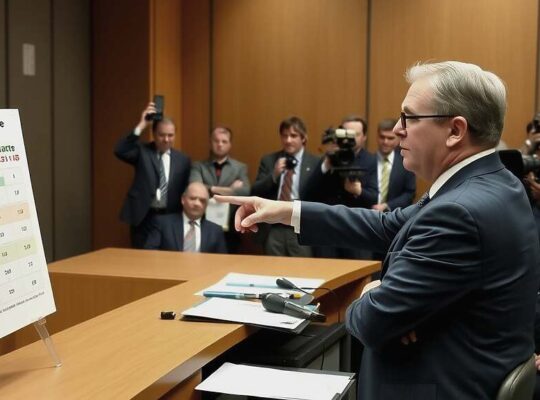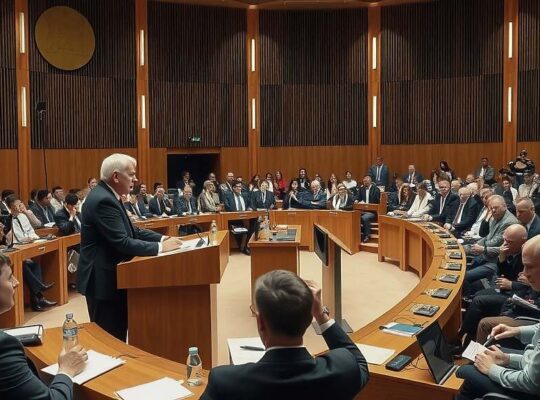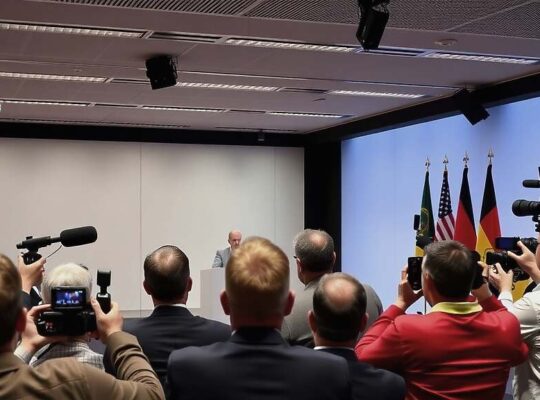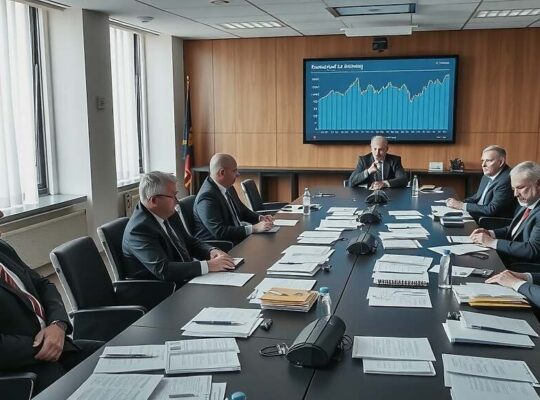Recent internal analysis within the Free Democratic Party (FDP) reveals a critical assessment of its performance over the past decade, pointing to a disconnect between the party’s perceived image and its actual impact. A 48-page presentation, currently under discussion within the FDP leadership, highlights a failure to connect with a broader electorate and build a sustainable core voter base.
The analysis, based on data including polling trends, voter migration patterns and a survey of nearly 3,000 participants, acknowledges that while the FDP has been recognized for its commitment to reform, the party has ultimately disappointed many due to the limitations imposed by its participation in the governing coalition (“Ampelkoalition”).
The presentation notes that while the FDP achieved respectable results in the 2017 (10.7%) and 2021 (11.5%) federal elections, a significant portion of those voters were not consistent supporters. Following the collapse of potential coalition talks in 2017, a substantial number of voters, initially attracted by the FDP’s reputation as a reform force, drifted away. The 2021 election, fueled by voter dissatisfaction with pandemic-era restrictions, proved to be a “significant burden” due to the subsequent disappointment of an electorate prioritizing individual freedoms. The party leadership admits to a lack of strategic response to the changing expectations of this new voter demographic.
FDP leader Christian Dürr acknowledged the party failed to meet the expectations of many citizens, stating they have not been seen as genuine problem-solvers. The analysis identifies a need to adopt more accessible language, moving away from perceived “abstract” or “soft” rhetoric. Furthermore, the party aims to build a more robust core voter base, a goal that has previously eluded them.
The party intends to actively refine its public image by clarifying its core values and differentiating itself through defining political stances. The FDP leadership emphasizes that despite recent setbacks, it remains committed to advocating for reform-minded individuals, rather than scaling back its policy proposals.
To reshape its direction, the FDP plans to develop a new foundational program, moving away from philosophical debates and focusing instead on concrete solutions to everyday problems. A core objective will be greater “citizen proximity” guiding the party’s initiatives moving forward.












